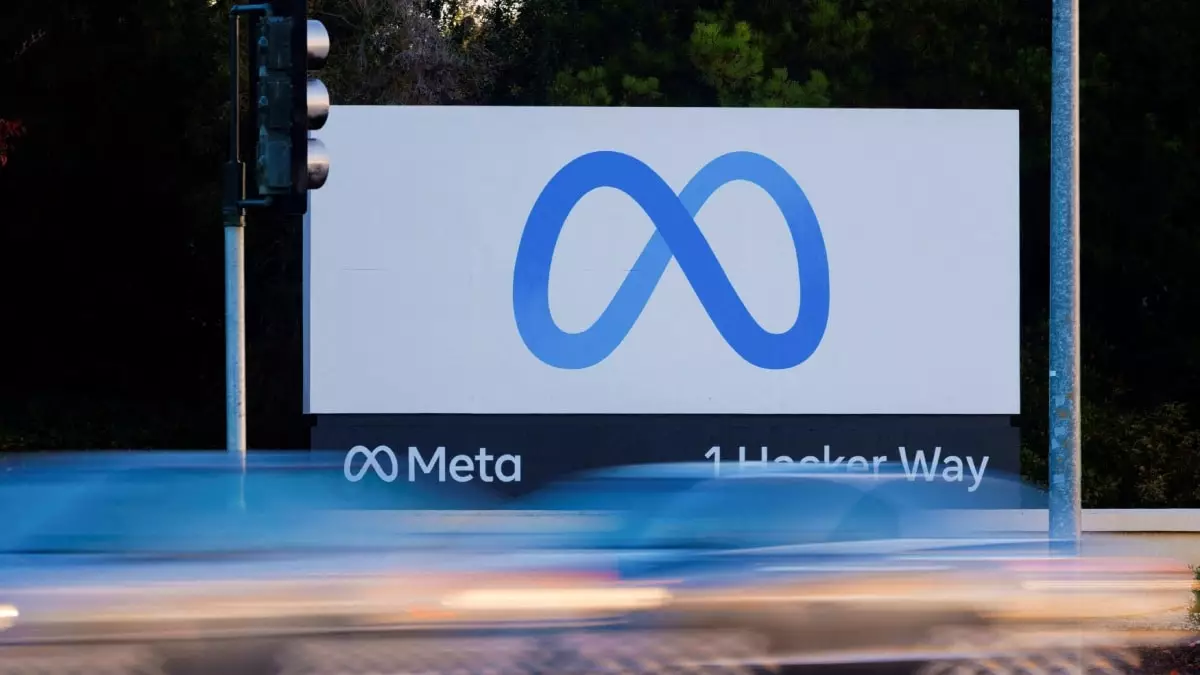In a significant move that could set a precedent for the tech industry, the European Union has imposed a hefty fine of €798 million ($841 million) on Meta Platforms Inc. This fine marks the first-ever penalty for violations of EU antitrust laws related to its Facebook Marketplace service. Regulators found that Meta was engaging in anti-competitive practices by tying its Marketplace service to its widely-used social media platform, Facebook. This not only stifled competition but also imposed unfair trading conditions on other second-hand goods platforms, hampering their ability to compete.
Margrethe Vestager, the EU antitrust chief, emphasized the gravity of the situation, stating, “Meta tied its online classified ads service Facebook Marketplace to its personal social network Facebook,” thereby putting its competitors at a disadvantage. The ruling serves not only as a penalty but as a clear message to other tech giants about the EU’s growing intolerance for anti-competitive behavior.
This EU ruling arrives amid a flurry of adverse developments for Meta. Recently, a US judge allowed the Federal Trade Commission’s antitrust lawsuit against the corporation to move forward, presenting further legal challenges on the horizon. The political landscape has also shifted dramatically for Meta, with the re-election of Donald Trump, who has previously derided Facebook as an “enemy of the people.” His resurgence has provided a boost to competing social networking platforms like Bluesky, challenging Meta’s continuous dominance in the social media space.
With Margrethe Vestager preparing to depart her position, the fine represents one of her last significant actions in a decade-long crusade against Silicon Valley’s monopolistic practices. Vestager has levied billions in fines over the years, including substantial penalties against Google. Her departure marks the end of an era, leaving many to ponder what additional reforms or regulations will dawn with her successor.
The crux of the EU’s investigation centered on how Meta allegedly exploited Facebook’s vast user base to corner the market on online classified ads. Reports suggest that Meta not only limited access to its platform but also misused data from competing services that advertised on Facebook to strengthen its Marketplace service. The ramifications are profound, calling into question the ethics of how major tech companies operate.
In response, Meta has indicated plans to appeal the EU’s decision. The company argues that the ruling “ignores the realities of the thriving European market,” pointing to its view that the fine could favor larger, entrenched competitors over smaller, emerging platforms. This plea raises a broader question about whether such regulations genuinely foster competition or merely reinforce existing hierarchies in the tech ecosystem.
Contrast this situation with that of Amazon, which avoided EU fines in a similar case last year. The online retail giant faced allegations of misusing rivals’ sales data to give itself an unfair competitive edge. However, after agreeing to a series of concessions, including a promise to stop using non-public data from independent sellers, Amazon managed to dodge penalties. This discrepancy has led to discussions about the effectiveness and consistency of regulatory measures across leading tech companies.
Additionally, Meta’s challenges are not confined to the EU. The company previously faced a fine of €110 million for providing misleading information during its acquisition of WhatsApp, reflecting a history of regulatory scrutiny that could shape its business practices moving forward.
Despite the mounting legal challenges and fines, Meta has reported strong financial performance, with a quarterly revenue of $40.6 billion—an impressive growth of 19% year-on-year. The company is continually striving to balance substantial investments in advanced technologies, such as artificial intelligence and virtual reality, with its core advertising operations. However, as external pressures mount, how effectively Meta can navigate this dual mandate remains to be seen.
The future remains uncertain for tech giants like Meta, as regulatory bodies globally are tightening their grips on monopolistic practices. The introduction of the Digital Markets Act in the EU signifies a shift towards more stringent oversight and the potential for structural remedies against companies exhibiting anti-competitive behavior.
The record fine imposed on Meta is more than just a financial penalty; it stands as a pivotal moment in the ongoing battle between antitrust regulators and tech giants. As the EU and other global regulators ramp up their scrutiny of the digital economy, Meta’s experience serves as both a warning and a case study on the intricacies of modern antitrust law. The interplay between regulation, market dynamics, and corporate strategy will undoubtedly shape the future landscape of the tech industry—where compliance, innovation, and competition must coalesce in an increasingly complex environment.


Leave a Reply